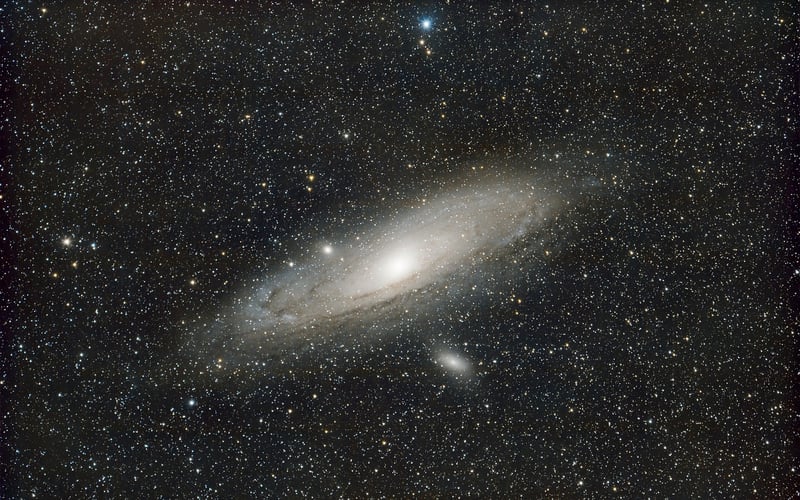Big Bang Theory
Unravel the Unknown: Exploring the Big Bang Theory

The Big Bang Theory is a widely accepted explanation for the origins of the universe. It proposes that the universe began as a singularity, a point of infinite density and temperature, around 13.8 billion years ago. This singularity rapidly expanded, giving rise to the universe as we know it today.
Key Concepts of the Big Bang Theory:
- Expansion: The universe is expanding, with galaxies moving away from each other.
- Cosmic Microwave Background Radiation: Remnants of the early universe's intense heat, supporting the Big Bang Theory.
- Abundance of Light Elements: The theory explains the abundance of light elements like hydrogen and helium in the universe.
Evidence Supporting the Big Bang Theory:
Scientists have gathered various pieces of evidence that support the Big Bang Theory, including the cosmic microwave background radiation, the redshift of galaxies, and the distribution of elements in the universe.
Implications of the Big Bang Theory:
The Big Bang Theory has profound implications for our understanding of the universe, from its origins to its eventual fate. It provides a framework for studying the evolution of galaxies, stars, and planets.
To delve deeper into the mysteries of the universe and the Big Bang Theory, researchers continue to explore cosmic phenomena through advanced telescopes and scientific experiments.
By unraveling the unknown origins of the universe, the Big Bang Theory stands as a cornerstone of modern cosmology, shaping our understanding of the cosmos.
Image Source: Pixabay
